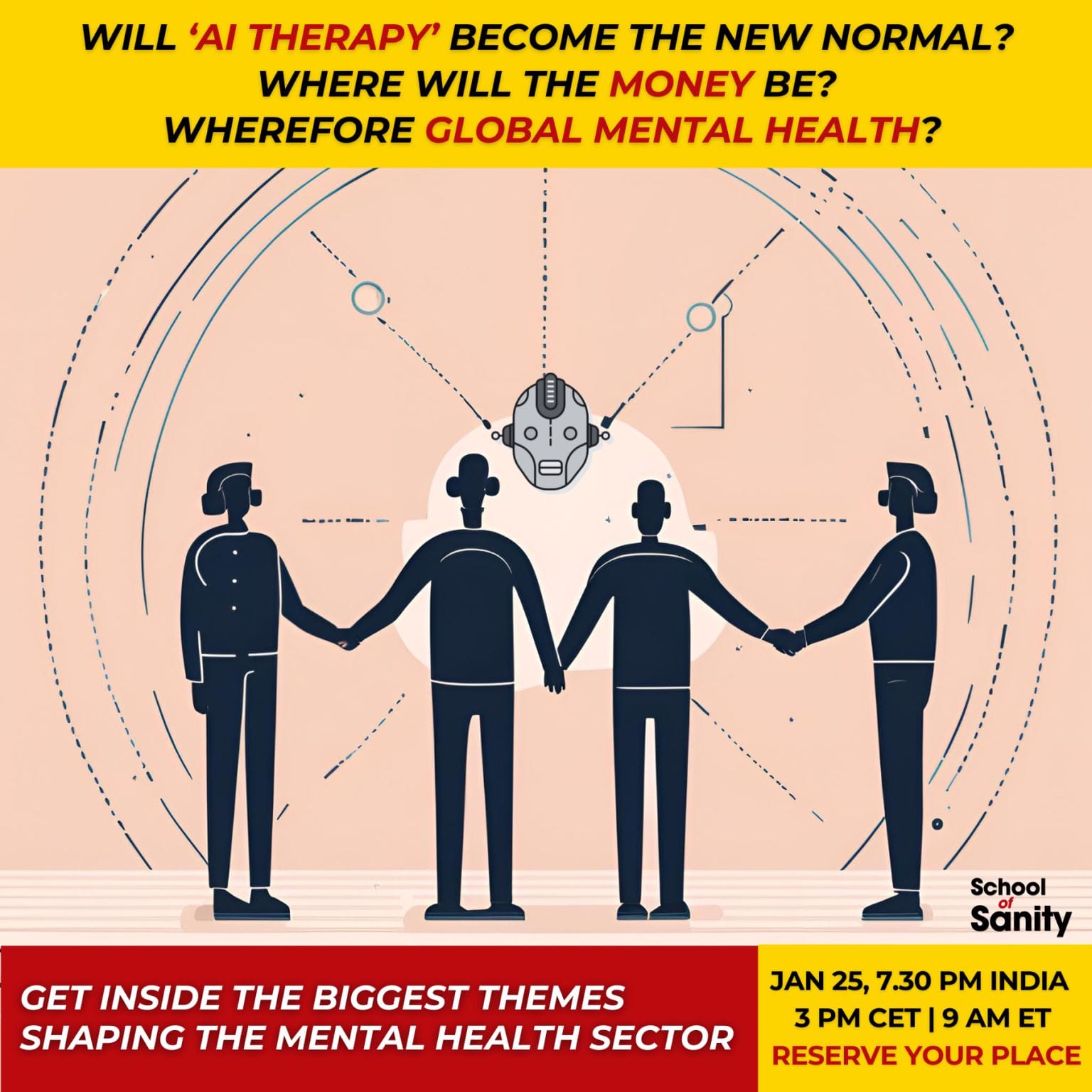🗝️Sanity Classics: Why I'm not a troublemaker
On unlearning learned helplessness.

I know why my father-in-law chose me for this instruction. I'm often ridiculed for being the anxious father who's always stopping the kid from monkeying around in the house or generally 'raising hell', as kids should. It's too easy for me to imagine blood, broken bones, or annoyed neighbours.
I'm not proud of this part of me. I'm ashamed that I'm not a chill dad. That I cannot model boldness and love of adventure before my 7-year-old. And I'm worried that my timidity might infect him.
Perhaps you know this feeling? If you do, today's edition has a lot of love for you. If you know someone who lives with the stigma of not being a troublemaker, share this story with them so they can feel a wee loved and seen.
***
PS: Join me for a special live session on the biggest themes that will shape the mental health sector in 2025 and beyond. Details below.

Every family has its own organising principle – a sacred doctrine if you will – that determines the kind of children they end up raising. Children are barred from crossing the behavioural boundary decreed by the doctrine. Mine was set up by mother: "Jhamelaay podo naa." Don't get into trouble.
Got bullied in school? Let it be. Don't get into trouble.
Baba hit you for no reason? Let it be. Don't get into trouble.
Shopkeeper cheated you? Let it be. Don't get into trouble.
Boss insulted you? Let it be. Don't get into trouble.
Upset about something rotten in the world? Let it be, son. Do. Not. Get. Into. Trouble.
After I left home at 18 for college, dived headlong into the world of literature saturated with noble heroes who overcame great adversity to battle wrong wherever they saw it, and discovered that I too had something called 'free will', I grew bitter at my mother for not teaching me how to use it.
I had no such expectations from my father, who, despite the fatherly wisdom on resilience I'm sure he possessed, only knew one mode of imparting life lessons: violent anger and punishment. But Maa was my gentle lodestar who was privy to all my darkest fears and was supposed to wash them away with her soft, unwavering glow. She was an independent working woman. Why didn't she show me how to stand up for myself and the world? Why did she just watch and weep from the sidelines? Why did her voice at the back of my head always remind me to keep quiet and never to thunder at injustice?
Via my English (hons.) syllabus, I learnt that my father's volatility, my mother's shackles, and my decision to blame her, sprouted from the same poison seed: patriarchy. What I am still learning to accept is that what Maa wanted me to choose wasn't meek surrender. It was survival.
I am also learning to accept that sometimes you cannot use your free will not because you are a coward and lack conviction, but because you don't even know that you really are free.





